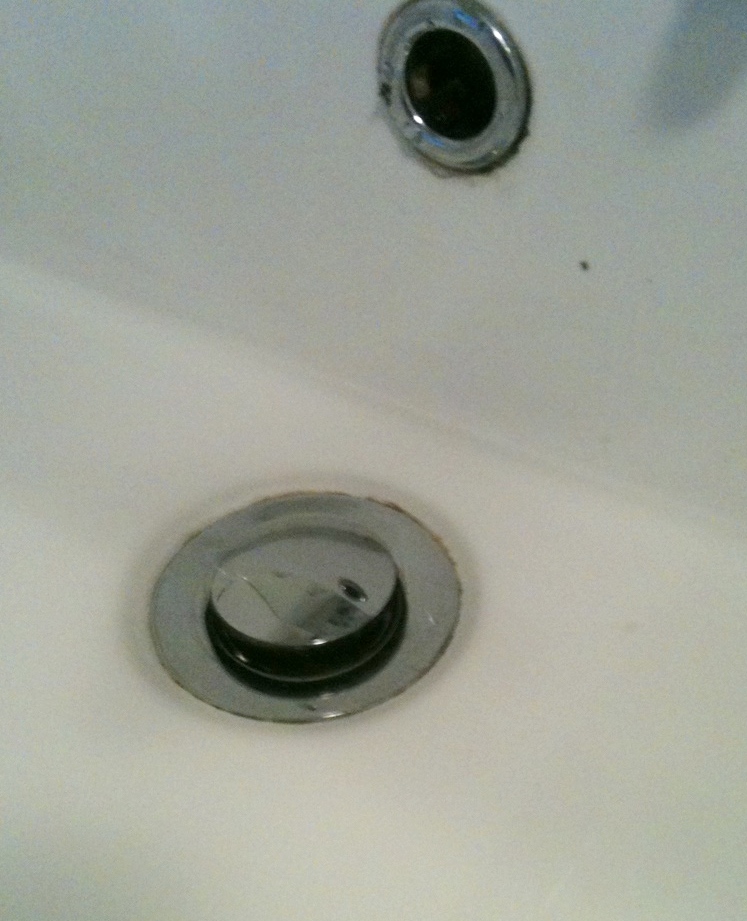What is Grey Water?
Grey Water includes all the waste water from the house with the exception of toilet waste. (Black Water)
It can includes water from; Washing Machine, Dishwasher, Sink, Wash Basin, and Shower.
A basic grey water reuse scheme sending washing machine water using a two way diverter valve to a perforated hose will cost less than $100. A top-of-the-range system, taking all the grey water, with treatment and pumps can cost $2-4,000.
Advantages
- It’s available all year round whether it rains or not.
- A basic system is inexpensive.
Disadvantages
- You are not supposed to use grey water on root crop plants in your veggie plots because of bacterial contamination.
- You shouldn’t store grey water as it is likely to go Septic and smell.
- A lot of grey water contains too many nutrients for native plants.
- Many common domestic soaps are high in sodium which can cause soil problems with long term use.
Summary
Because of its disadvantages I really regard grey water as a last resort rather than a main garden watering system.
If you have a veggie plot, or a lawn, one of the more basic systems will help you in times of drought, so I wouldn’t go for one of the top of the range systems.
If you are intending to use grey water make sure you use an eco friendly laundry liquid such as Earth Choice.
A better alternative is to make sure you get the right size of rainwater tank so follow this link: Rainwater Tank Size
